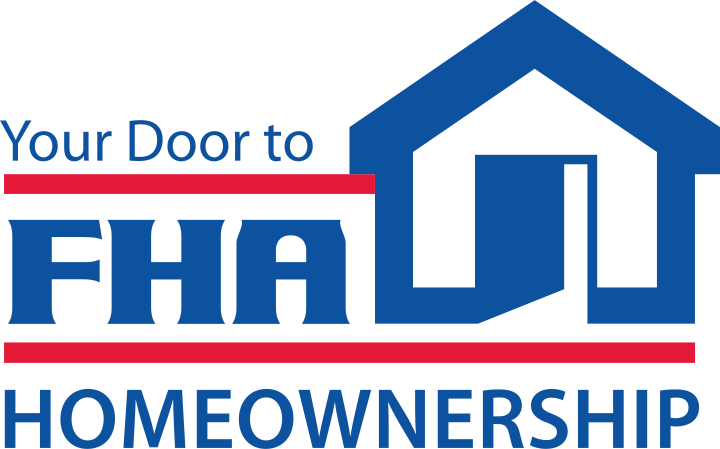In a recent news release, The Federal Housing Financing Agency gave word of new short sale guidelines for Fannie Mae and Freddie Mac servicers. The changes are set to go into affect November 01, 2012 and are meant to clarify and expedite the short sale process. The announced alterations are as follows:
1) Homeowners with a Fannie Mae or Freddie Mac mortgage will be permitted to sell their home in a short sale even if they are current on their mortgage if they have an eligible hardship, such as death of a borrower or co-borrower, divorce, disability, or relocation for a job, unemployment, business failure, etc., all without special approval from Fannie Mae or Freddie Mac;
2) Fannie Mae and Freddie Mac will waive the right to pursue deficiency judgments in exchange for a financial contribution when a borrower has sufficient income or assets to make cash contributions or sign promissory notes, whereby servicers will evaluate borrowers for additional capacity to cover the shortfall between the outstanding loan balance and the property sales price as part of approving the short sale;
3) Special treatment will be provided to military personnel with Permanent Change of Station (PCS) orders; and
4) Fannie Mae and Freddie Mac will offer up to $6,000 to second lien holders to expedite a short sale.
All of the changes hint to incredible strides forward for borrowers, especially the provision that indicates borrowers will be considered without default and the limit on contributions to second lien holders. They are claimed to create a single, uniform short sale procedure, with specific rules or timelines when a foreclosure sale is looming. Borrowers that short sell will not be eligible for a Fannie Mae or Freddie Mac loan for two years thereafter.
Homeowners can determine if they have a Fannie Mae or Freddie Mac loan by going to:
• http://www.FannieMae.com/loanlookup or calling 800-7Fannie (8 am to 8 pm ET)
• https://www.FreddieMac.com/corporate/ or 800-Freddie (8 am to 8 pm ET)
Kristy Black, JD MBA
 On Thursday, March 3, 2011, the House Financial Services Committee voted to end two
On Thursday, March 3, 2011, the House Financial Services Committee voted to end two  The Obama administration released its “white paper” outlining the winding down and replacement of Fannie Mae and Freddie Mac. The goal of the proposals is to decrease the government’s involvement in the mortgage industry. The first proposal presented by the administration would create a government backstop under a federal reinsurance model. In the second proposal the government backstop would only be triggered in event of a crisis. The last option presented has no government backstop beyond existing federal agencies such as the Federal Housing Administration (FHA).
The Obama administration released its “white paper” outlining the winding down and replacement of Fannie Mae and Freddie Mac. The goal of the proposals is to decrease the government’s involvement in the mortgage industry. The first proposal presented by the administration would create a government backstop under a federal reinsurance model. In the second proposal the government backstop would only be triggered in event of a crisis. The last option presented has no government backstop beyond existing federal agencies such as the Federal Housing Administration (FHA). Pursuant to the new guidelines released December 28, 2010, servicers are expected to put into place the revised guidelines on or before February 1, 2011. As a part of the updated guidelines servicers are now required to complete and send a Short Sale Agreement (SSA) to the borrower within 30 calendar days from the date the borrower responds to the HAFA solicitation. If the borrower requests HAFA consideration, the servicer must respond within 30 days.
Pursuant to the new guidelines released December 28, 2010, servicers are expected to put into place the revised guidelines on or before February 1, 2011. As a part of the updated guidelines servicers are now required to complete and send a Short Sale Agreement (SSA) to the borrower within 30 calendar days from the date the borrower responds to the HAFA solicitation. If the borrower requests HAFA consideration, the servicer must respond within 30 days.

 On Wednesday, Republicans announced a plan to wind down bailed-out mortgage-financing giants, Fannie Mae and Freddie Mac. This proposal has the potential to create some political headaches for Democrats and the Obama administration which have bet heavily on the companies’ futures.
On Wednesday, Republicans announced a plan to wind down bailed-out mortgage-financing giants, Fannie Mae and Freddie Mac. This proposal has the potential to create some political headaches for Democrats and the Obama administration which have bet heavily on the companies’ futures.



